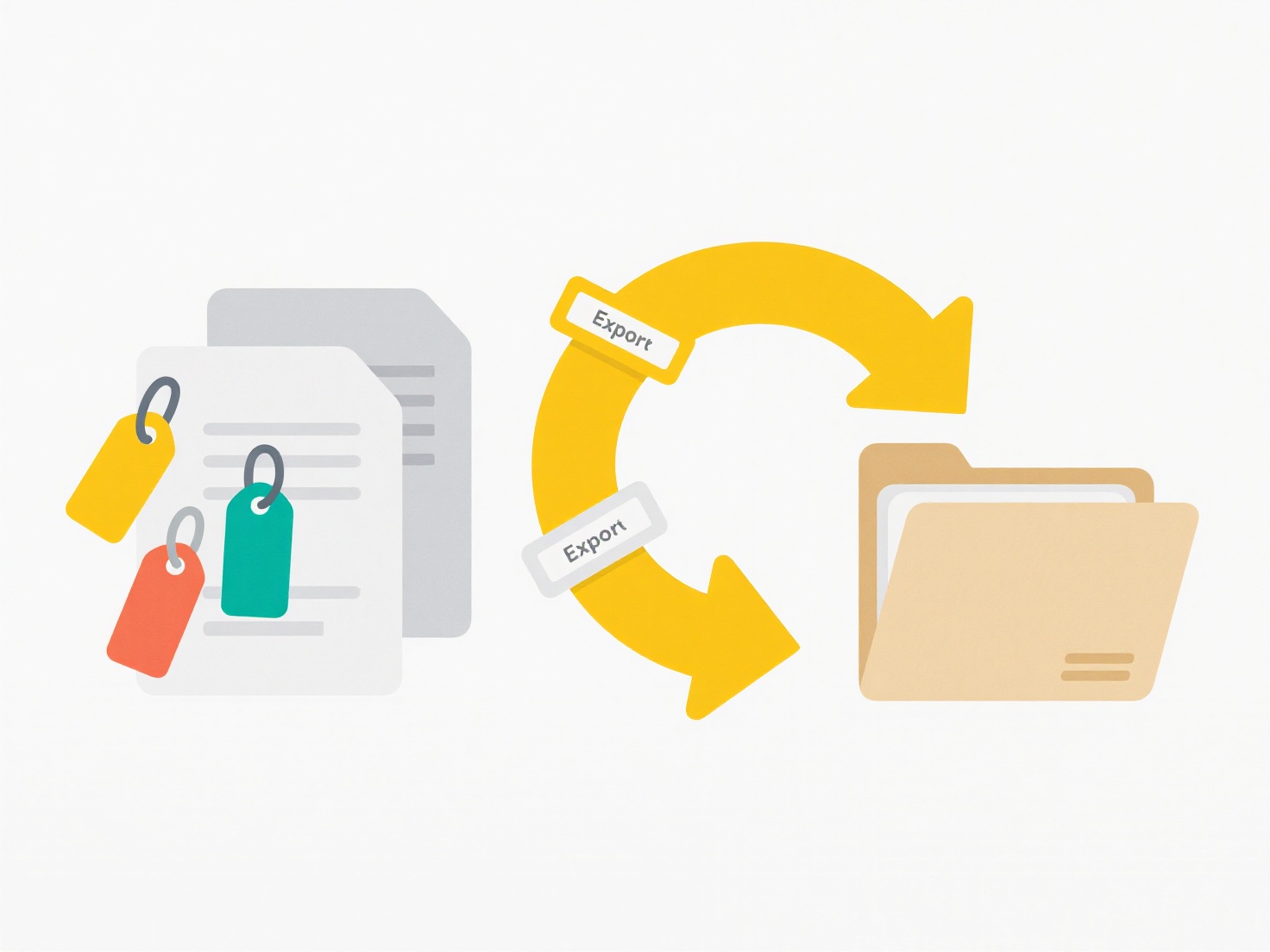
Opening a ZIP file from an unknown source carries inherent security risks. ZIP files are compressed archives often used to bundle multiple files together. Malicious actors exploit their widespread use by concealing harmful software, such as viruses, ransomware, or spyware, within the archive. While simply opening the ZIP itself typically isn't dangerous, extracting or running files contained inside can trigger malware installation. The danger lies primarily in the archived content, not the ZIP format alone.

Examples include phishing emails disguised as invoices or shipping notifications containing infected ZIP attachments. Users downloading software cracks or freeware from dubious websites might also unknowingly acquire malware-laden ZIPs. Attackers might name the files to appear legitimate (e.g., "Document_Review.zip" or "Latest_Software_Update.zip") to trick targets into opening them.
Always exercise extreme caution with ZIP files from untrusted senders or websites. Advantages of the ZIP format, like efficient file compression and sharing, are overshadowed by the limitation of becoming a common malware delivery vector. Mitigate risks by using reputable antivirus/anti-malware software configured to scan archive contents before extraction. If the source is unknown and the file unexpected, the safest action is deletion. Relying solely on email filters or online reputation isn't foolproof; vigilance remains critical to prevent system compromise.
Can I safely open a .zip file from an unknown source?
Opening a ZIP file from an unknown source carries inherent security risks. ZIP files are compressed archives often used to bundle multiple files together. Malicious actors exploit their widespread use by concealing harmful software, such as viruses, ransomware, or spyware, within the archive. While simply opening the ZIP itself typically isn't dangerous, extracting or running files contained inside can trigger malware installation. The danger lies primarily in the archived content, not the ZIP format alone.

Examples include phishing emails disguised as invoices or shipping notifications containing infected ZIP attachments. Users downloading software cracks or freeware from dubious websites might also unknowingly acquire malware-laden ZIPs. Attackers might name the files to appear legitimate (e.g., "Document_Review.zip" or "Latest_Software_Update.zip") to trick targets into opening them.
Always exercise extreme caution with ZIP files from untrusted senders or websites. Advantages of the ZIP format, like efficient file compression and sharing, are overshadowed by the limitation of becoming a common malware delivery vector. Mitigate risks by using reputable antivirus/anti-malware software configured to scan archive contents before extraction. If the source is unknown and the file unexpected, the safest action is deletion. Relying solely on email filters or online reputation isn't foolproof; vigilance remains critical to prevent system compromise.
Quick Article Links
How do I clean up duplicate files created during backup?
Cleaning up duplicate files in backups involves identifying and removing identical copies created during repeated backup...
How can I open an encrypted file?
Opening an encrypted file requires the correct credentials or key to reverse the encryption process. Encryption transfor...
Why does my document look different when opened on another computer?
Documents appear different across computers because they rely heavily on the specific software, fonts, and settings avai...